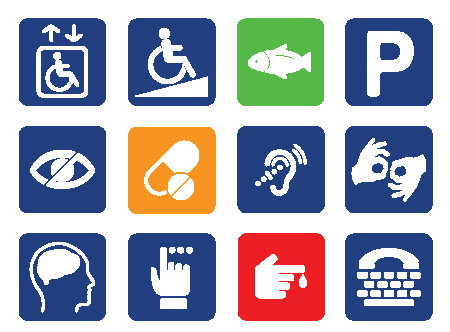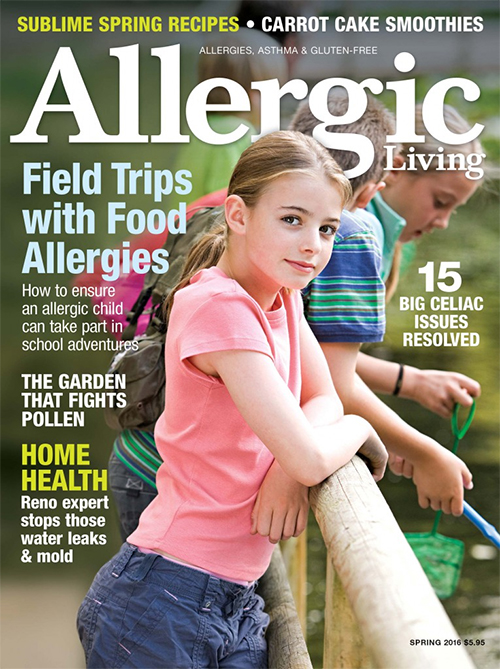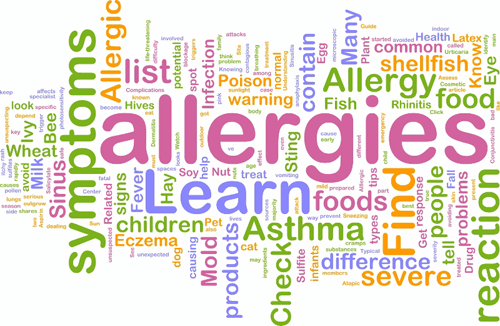Like so many who fight for the rights of those with food allergies and food-related disease, Mary C. Vargas found her calling when her youngest son was diagnosed with food allergies and celiac disease. Unlike most of us, Mary also is a founding partner with Stein & Vargas LLP, a civil rights law firm committed to the principle that all people have full and equal access to all parts of American society.







